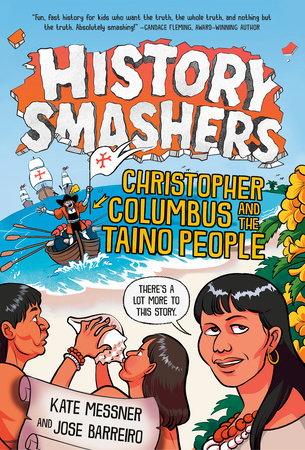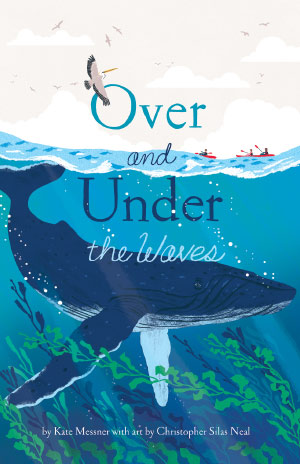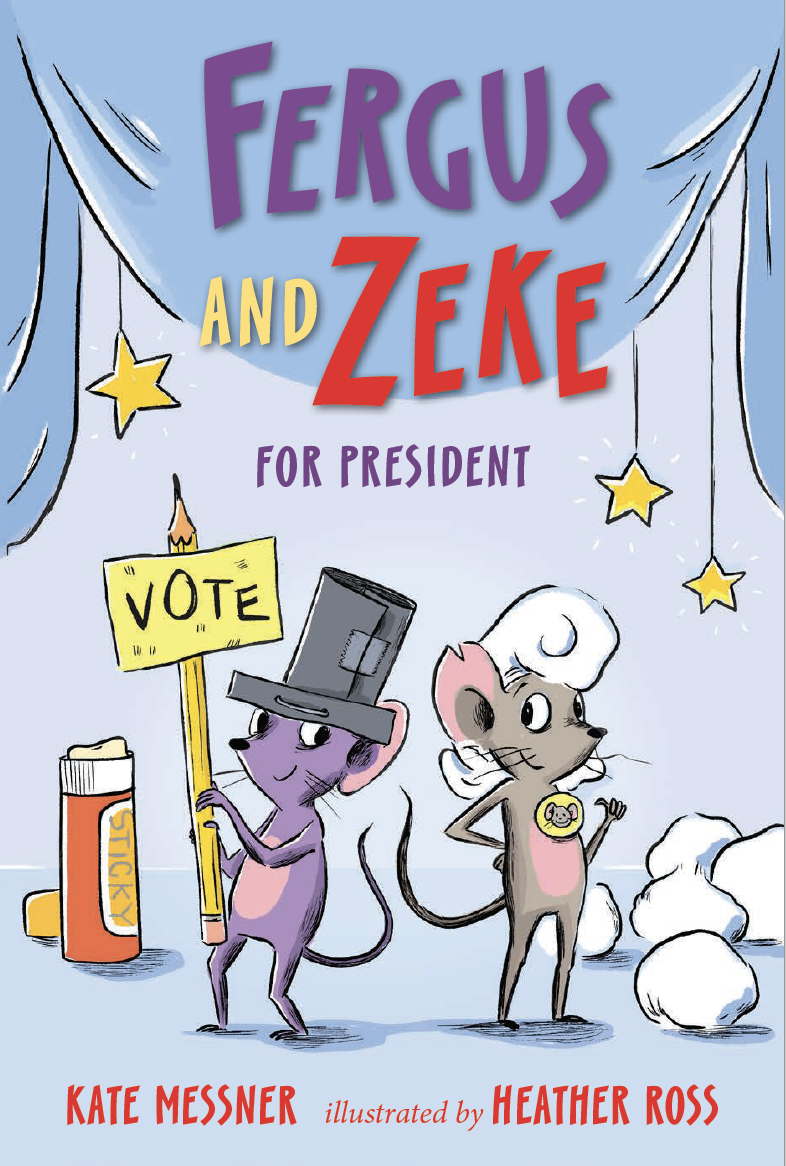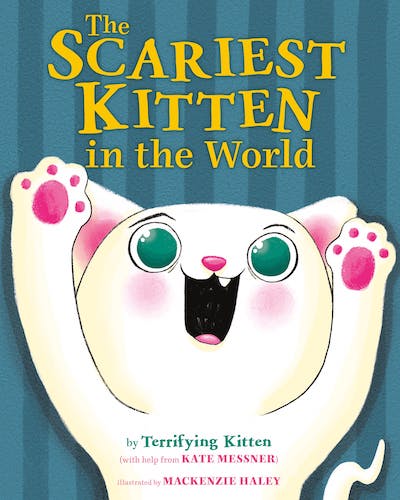Hello, friends! Welcome to week two of Teachers Write! How did you do with your breathing and reflecting last week? I’m hoping that taking a little time to slow down, to center yourself and draw on some peaceful memories, has helped you to destress at least a little after this long and unusual school year. This week, we’re going to do more of that reflection, taking you back to your roots. And we’re going to do that using the same strategies that authors use when we write picture book biographies for kids.

I mentioned that week that I have a new picture book biography of Dr. Anthony Fauci (if you’d like a signed copy, you can still order one here), and this week, I want to share some behind-the-scenes writing process stories from that book – strategies that are useful not only when we’re researching someone else’s life but when we’re reflecting on our own and searching for strength in memories.
So first…here’s how Dr. Fauci: How a Boy from Brooklyn Became America’s Doctor came to be. I had the idea for this book while I was working on another project about the childhoods of famous scientists. When I heard a story about Dr. Fauci riding his bike around Brooklyn to deliver prescriptions for the family pharmacy, I knew his story would make a great picture book biography, all on its own.
I spent last summer doing research, reading interviews & articles on Dr. Fauci, along with his own speeches, papers, and other writings. In the fall, I reached out to his office to request a Zoom interview, knowing it would be probably be a long shot. It was at the height of the COVID-19 pandemic, and I was requesting time from possibly the busiest man in the country. But education is essential to public health, and scientists are often generous with their time when it comes to inspiring future scientists. It was worth asking, right?
Dr. Fauci’s office staff at NIAID got back to me that week, and we set up an interview for late November, at the end of one of his long work days. I’d done all of my other research, so I was able to use that time to focus on things that aren’t part of the public record. I asked questions that I knew kids would wonder about, too. Dr. Fauci talked about his childhood, the experiences that shaped him. He talked about his dad’s advice to approach problems with an open mind. About Sunday dinners with his grandfather, an Italian immigrant.

He talked about school and sports, too. How he played stickball in the streets and learned to get along with different kinds of people.

When it came time for illustrator Alexandra Bye to begin her work, I sent along some photographs that Dr. Fauci’s office had shared as references, showing what he looked like at different ages and what his family members looked like. Some of those photos were pretty great – from the high school basketball court and even Dr. Fauci’s first Communion – so we asked for permission to include them in the book’s back matter.

And throughout the illustration process, more questions came up. What color were the uniforms for Dr. Fauci’s high school basketball team? What about their rivals?

The research for a project like this continues through the whole book-making process. I’m in awe of the work Alexandra did to get illustrations ready for a late-June book release and to make sure we got all the details right. If you want to see her amazing art, too, you can pick up a copy of the book at your local bookstore or library.
But let’s talk a little more about interviewing subjects for a biography like this. When I do research, I’m always searching for the seeds of my subject’s future life in their childhood. What formative experiences helped young Anthony grow up to be the Dr. Fauci we see on the news at night? To find out, I ask open-ended questions and then a lot of follow-ups to probe deeper. “What did you do for fun as a kid?” might be followed by something as simple as “Stickball! Would you tell me more about that?” and “Do you remember any games in particular?”
It’s an invitation to reminisce – to take a memory walk among the smells and sounds of childhood, to revisit voices from the past – and when people do that, they inevitably offer the kinds of reflections that come with age and perspective. As he was sharing a memory about his mom, for example, Dr. Fauci paused and then talked about how she’d emphasized, over and over, how everyone deserved respect and had a right to be heard. Having read so much about Dr. Fauci’s career in public health, I was immediately able to connect that to a news article I’d read about a time when AIDS activists protested outside his office – and when the police came, instead of allowing them to break up the demonstration, Dr. Fauci invited the protesters into his office to talk. There are connections between who we were as kids – the experiences we had and the values loved ones shared with us – and the work we do in the world as adults.
This has been an especially trying school year for teachers and librarians. It seemed as if everything was expected of you, and few people stopped to say thank you for keeping kids learning through all of the pandemic’s trauma and uncertainty. So first, I want to say that now. Thank you. Thanks for sharing stories at a time kids needed them most. Thanks for being there on their screens and holding them close with your words and your smiles, when you couldn’t hug them in person. Thanks for providing that measure of love and security and normalcy when everything else felt upside down. And I also want to lead you through a writing prompt that I hope will help you rediscover the roots of why you do what you do, why you chose this essential work.
Imagine that you’re writing a picture book biography of yourself. You have some research to do before you get started, and it begins with an interview. Are you ready? Find a good spot to conduct this interview, maybe over tea in the kitchen or on the porch, or spread a blanket on the grass outside if you’d like. Open your notebook or laptop. And write for a while in response to these questions.
Tell me about something you liked to do for fun when you were younger. Think about when you were eight years old…twelve years old….fifteen years old.
Now choose one of those pastimes and dig a little deeper. What was it that made you feel alive and happy when you were swimming or playing field hockey or knitting?
Who taught you things that have mattered to you in your calling to work with young people? Can you remember a specific conversation, or a time when someone in your life showed you, by example, what it means to teach and share stories? Capture that moment in as much detail as you can. If there were conversations, see if you can write them out in dialogue.
Now imagine you’re watching a movie of your life story. Rewind to your childhood, and pause the video when you first notice a scene that makes you think “This person will grow up to be a teacher or librarian.” Describe that scene in as much detail as you can. Where are you? Who else is there? What sounds and smells do you notice? What’s said aloud in that space, and what’s unspoken?
If you’d like, you can take this prompt a step further and write a picture book biography – of yourself. Not to publish. Not all the writing we do has an audience beyond ourselves and our families and friends, but that personal writing has just as much value. My hope for you is that today’s writing has reminded you why you do what you do, even in the toughest of years. It’s worth taking time to honor the teacher/librarian/writer that you have become.
You’ll get another writing prompt from me next week, focused on moving forward from here. How do we rebuild after a year of difficulties and doubt? Don’t forget that each Thursday, teacher-writer-coach Jen Vincent hosts our weekly Teachers Write check-in on her blog. Stop by to share goals and reflections and get to know some fellow campers!
Have a great week!
Kate




